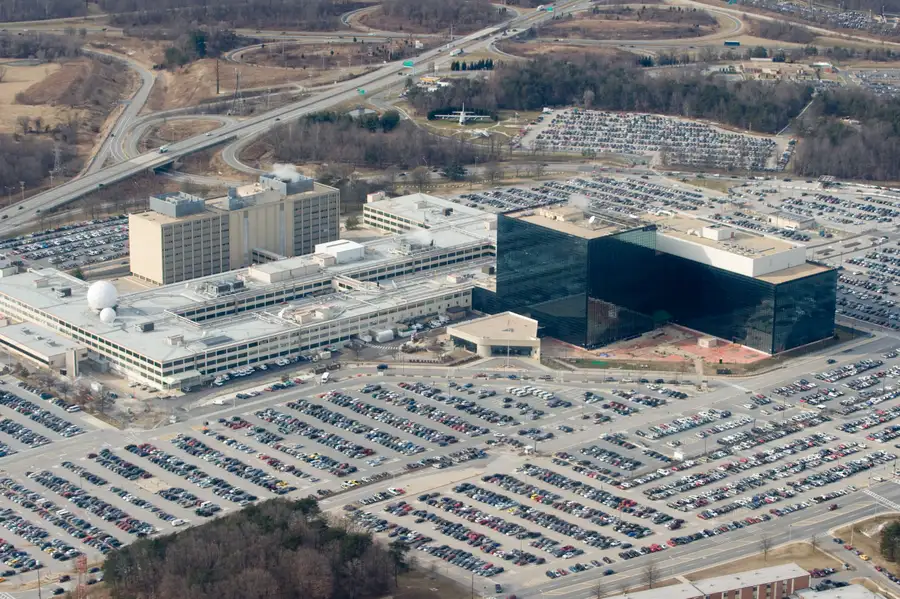Quantum computers may soon be able to crack encryption methods in use today, so plans are already under way to replace them with new, secure algorithms. Now it seems the US National Security Agency may be undermining that process

SAUL LOEB/AFP via Getty Images
A prominent cryptography expert has told New Scientist that a US spy agency could be weakening a new generation of algorithms designed to protect against hackers equipped with quantum computers.
Daniel Bernstein at the University of Illinois Chicago says that the US National Institute of Standards and Technology (NIST) is deliberately obscuring the level of involvement the US National Security Agency (NSA) has in developing new encryption standards for “post-quantum cryptography” (PQC). He also believes that NIST has made errors – either accidental or deliberate – in calculations describing the security of the new standards. NIST denies the claims.
“NIST isn’t following procedures designed to stop NSA from weakening PQC,” says Bernstein. “People choosing cryptographic standards should be transparently and verifiably following clear public rules so that we don’t need to worry about their motivations. NIST promised transparency and then claimed it had shown all its work, but that claim simply isn’t true.”
The mathematical problems we use to protect data are practically impossible for even the largest supercomputers to crack today. But when quantum computers become reliable and powerful enough, they will be able to break them in moments.

